Campus protests have been a contentious topic over the past month, looming over the end of the year activities and driving a potent wedge between administrators and students. Beginning from Columbia–an encampment movement in which students pitched tents on campus lawns and gathering areas to protest their universities’ investments and cooperation with Israeli, Zionist, or otherwise ‘complicit’ companies and organizations– it has now spread across the nation and the world. From Dartmouth University to the University of California, Los Angeles (UCLA), students, as well as some faculty, joined together in defiance of university orders to disband the camps.
Scenes of police facing off with peaceful protesters evoked for many the 1968 protests against the Vietnam War and in support of universal civil rights. Fears of a repeated Kent State shooting, in which four students were shot dead by police responding to protests in 1970, were relevant at universities like UCLA, where some of the most brutal police crackdowns occurred as well as violence from counter protestors. Columbia students occupied and renamed Hamilton Hall as “Hind’s Hall”–in reference to the six year-old Gazan child who was murdered along with six other family members and two paramedics by the Israeli Defense Force. This was the first time that the building had been occupied in protest since 1996.
While some institutions have taken steps to compromise with the protestors, most colleges and universities have made little to no genuine progress, instead preferring to forcefully disband students. Some of the exceptions to this include institutions such as Brown University in Providence, Rhode Island, and Northwestern in Chicago, Illinois, both of which reached deals with protesting students in which the encampments were voluntarily disbanded in return for the universities making steps towards meeting some of the students’ demands. Evergreen State College in Olympia, Washington, the alma mater of the activist, Rachel Corrie, who was crushed to death by an Israeli bulldozer in 2003, made an agreement in which concrete steps towards divestment from Israel became possible.
The campus movement has implications much closer to home as well, however. At the University of New Mexico (UNM), a group of students have also set up an encampment and have experienced crackdowns by police similar to the ones at other universities.
On the north end of UNM’s duck pond, an array of tents and tarps formed a small camp. In the center stood a makeshift shack or gathering area, complete with shipping pallets, countless signs expressing dissatisfaction with UNM’s administration and support for Palestine and Gaza, and Palestinian flags.
A number of protestors milled around the camp; one student came in full graduation attire to take a picture in front of the encampment, while others brought food and drinks to the permanent inhabitants of the camp. Behind a shipping pallet and under a tarp, a number of individuals sat on couches, foldable chairs, blankets, and whatever else might serve as a place to escape the wet ground. A hole in the tarp roof kept spilling water into the gathering, but nobody seemed bothered by this inconvenience.
All of the students chose to remain anonymous for understandable reasons, given the doxing campaigns against other pro-Palestinian protestors going back as early as October 2023. They described harassment by police from the first night after the camp was set up, saying, “[T]he first night the police came in was probably the hardest. There [were]… around 20 officers the first night…. So for the first week and a half, they were coming pretty much every night, multiple times a night, to harass us and take our stuff.” Since protestors occupied UNM’s Student Union Building (SUB) at the end of April, however, the confrontations have cooled off. Even though the school year at UNM ended on May 11th, the protestors said there were no plans to disband the encampment but declined to elaborate on future actions. Charges of criminal trespass and misuse of public property against several students are ongoing, however, after 16 students were arrested during one night of police engagement. Protestors pointed to New Mexico State University (NMSU) in Las Cruces, New Mexico, as a place which experienced greater and more violent police crackdown, especially in recent days.
They described the UNM encampment as inclusive, pointing to the representation of queer individuals, people of color, and an array of undergraduate and graduate students, faculty, and community members. One student said, “[The encampment] is more colorful and… more representative of the actual cultural distribution [of New Mexico].” Another added, “It’s a community that’s inclusive of everybody, and if you’re not inclusive of somebody because of sexual identity, gender, race, creed, or religion, we ask you to leave.”
The activists rejected accusations of antisemitism and hate towards Jews that have been heavily circulated by politicians and media organizations. They pointed towards two Jewish students who were among the 16 arrested by police, as well as other Jewish groups in the community who negate the idea that Zionism must be connected to Judaism. One person, who had been working on their computer and remaining relatively quiet added, “I think it’s pretty antisemitic to equate a whole group of people with a[n]… oppressive nation state…. [T]he whole narrative that being anti-Zionist is antisemitic is in itself an antisemitic narrative because it reduces Jewish people, who are incredibly diverse in their opinions… to just one nation state [which] is committing genocide. Using a group of people to justify a genocide is really offensive, and that’s what a lot of… Jewish people here have said.”
Many supporters of the campus protests, such as Jewish professor at the New School for Social Research in New York, Natasha Lennard, look to delineate discomfort in a certain perspective from physical danger, “to distinguish between genuine threat and paranoia.” Lennard points out that antisemitism is a real threat but not one that inherently develops from pro-Palestinian protests and sentiments.
Student activism has a long history in the United States and around the world, and it’s unlikely for this instance to be different. Already, protestors at UNM point to President Joe Biden’s pause on particular arms shipments to Israel as a success, despite his claim that protests had no effect on his policy. Regardless, cultural movements like the Gaza solidarity encampments have an important, if controversial, place in history and mark great division and dissatisfaction among the populace.
Since this story was originally written, the UNM Solidarity Encampment was cleared by police, and at least six additional protestors and community members were arrested. The group has not announced reconstruction efforts since police raided the camp on May 15th.


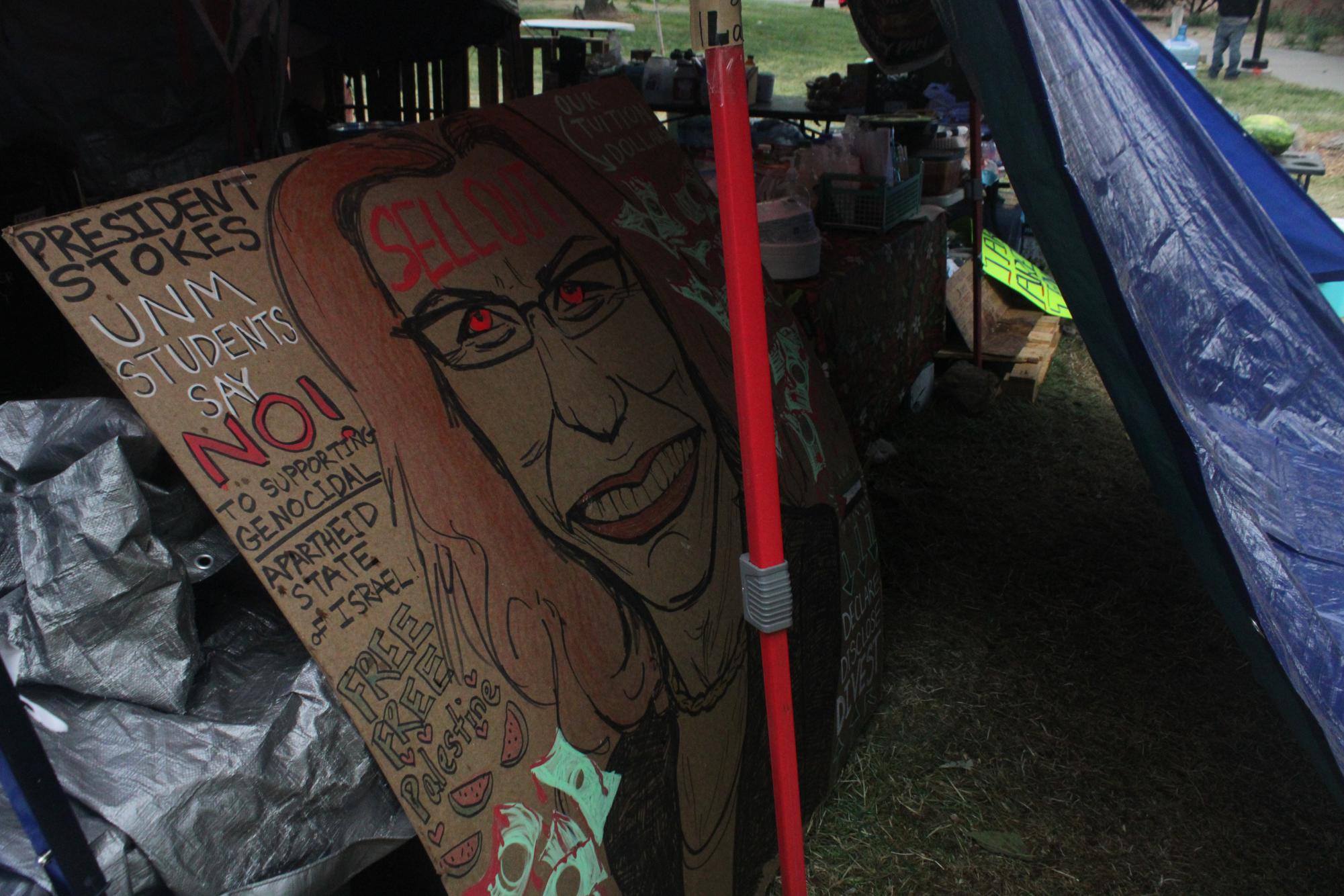
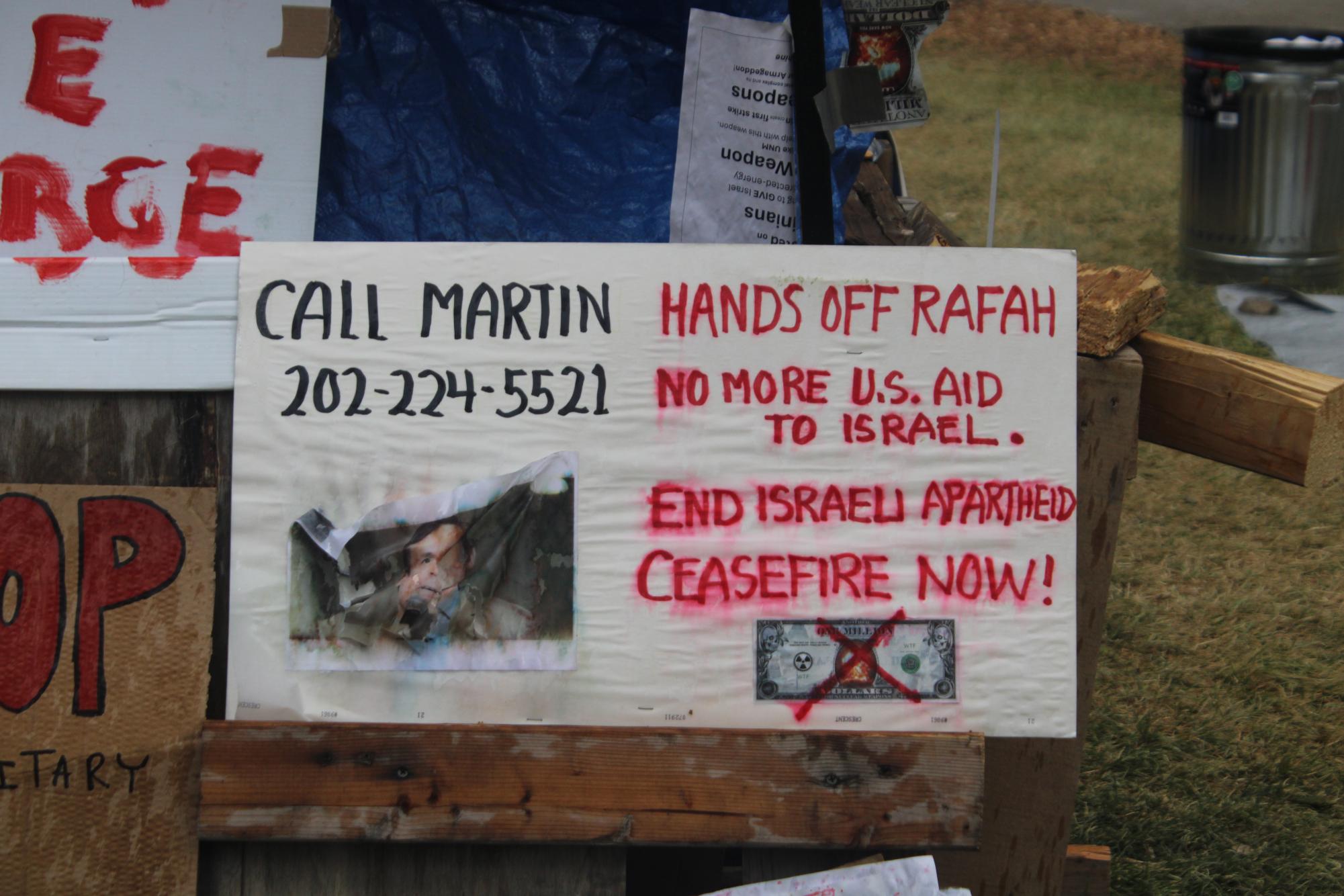
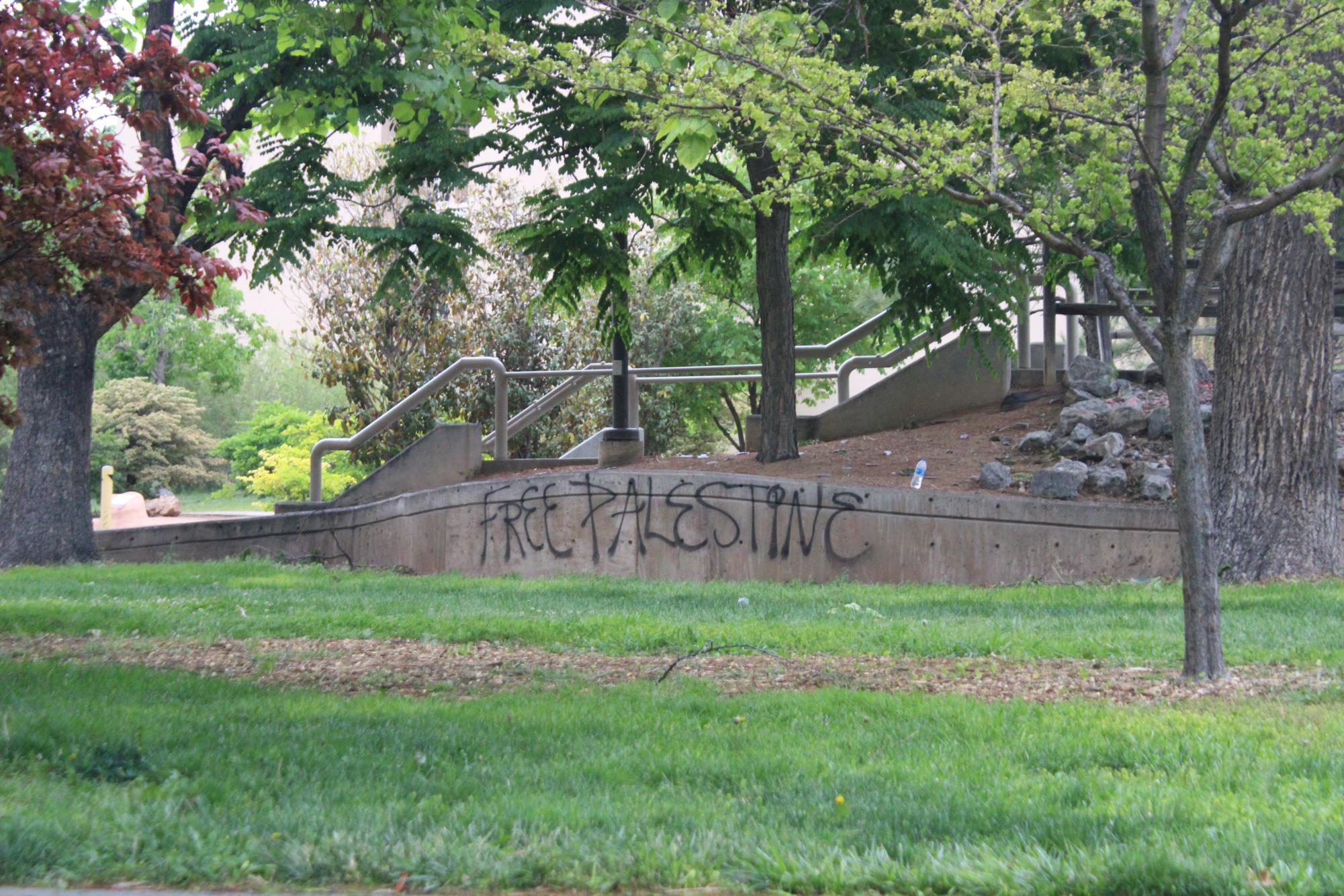
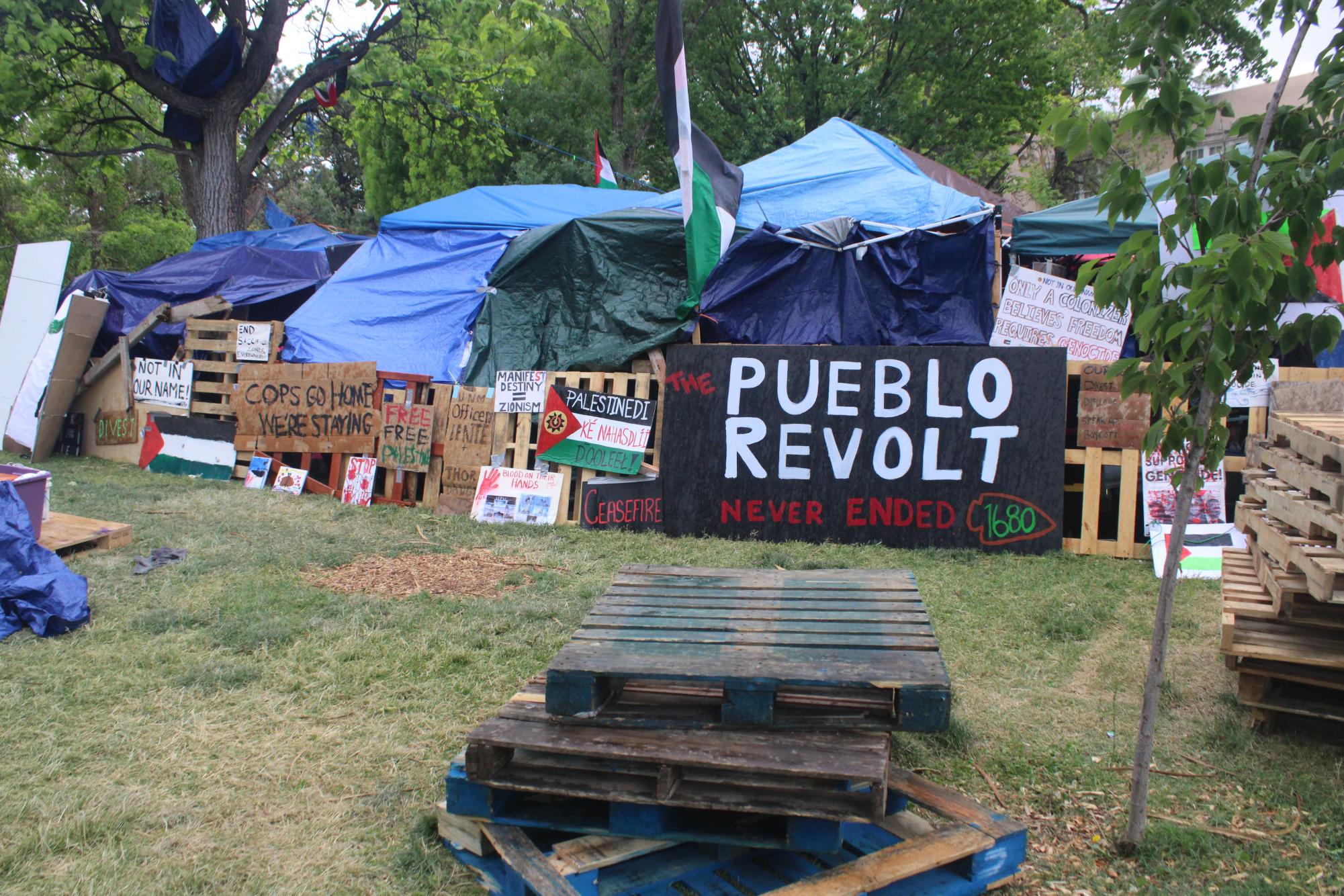
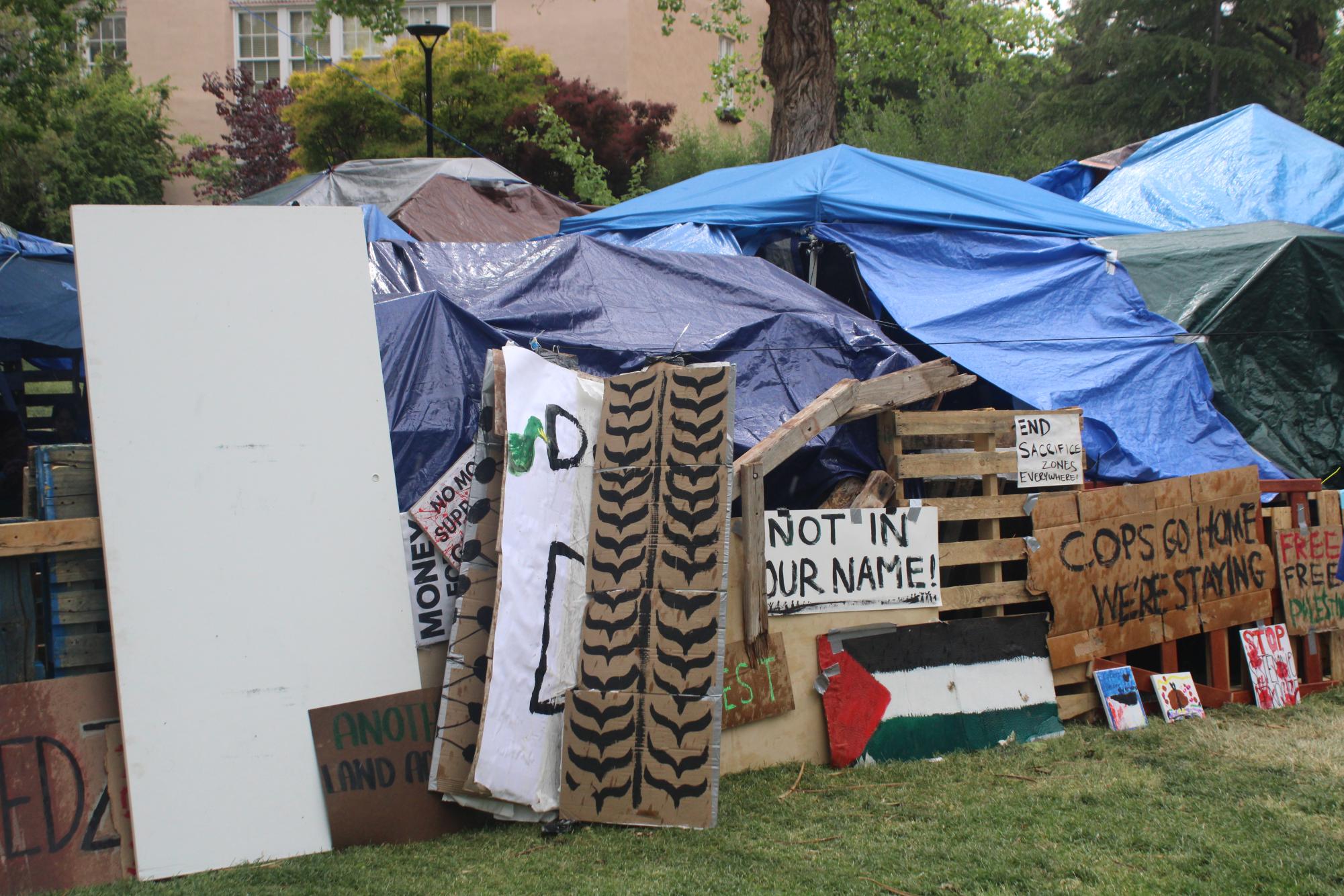
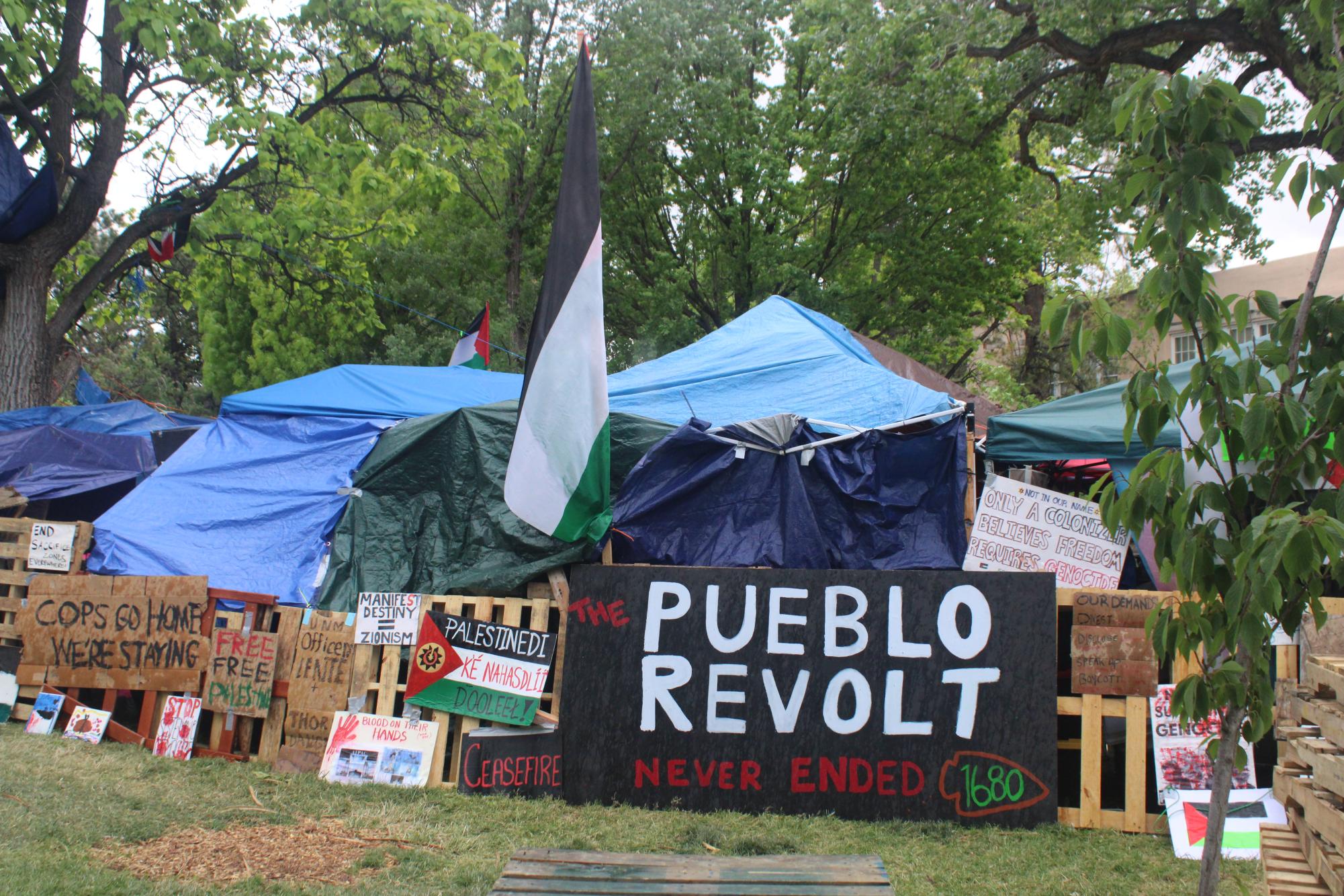
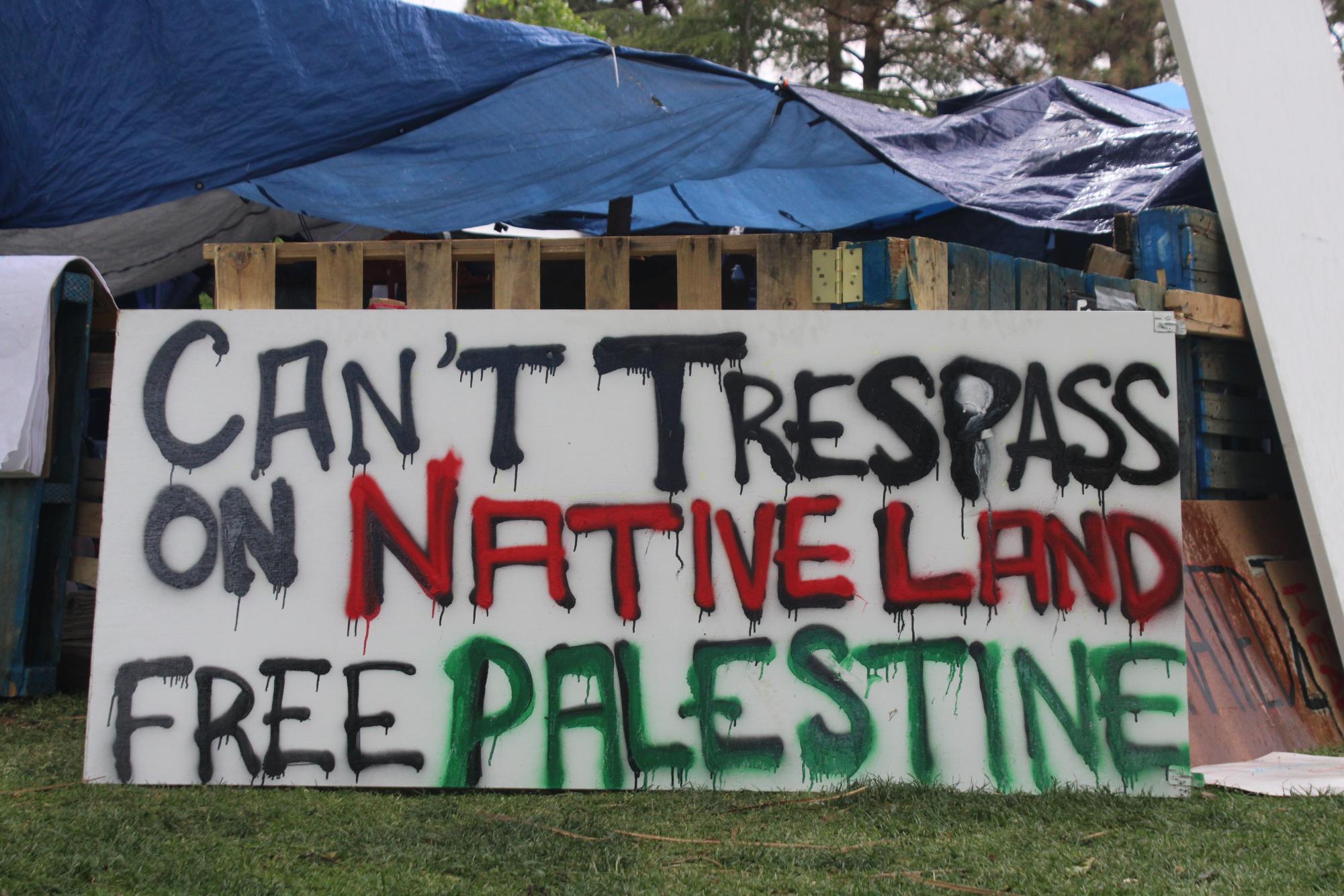
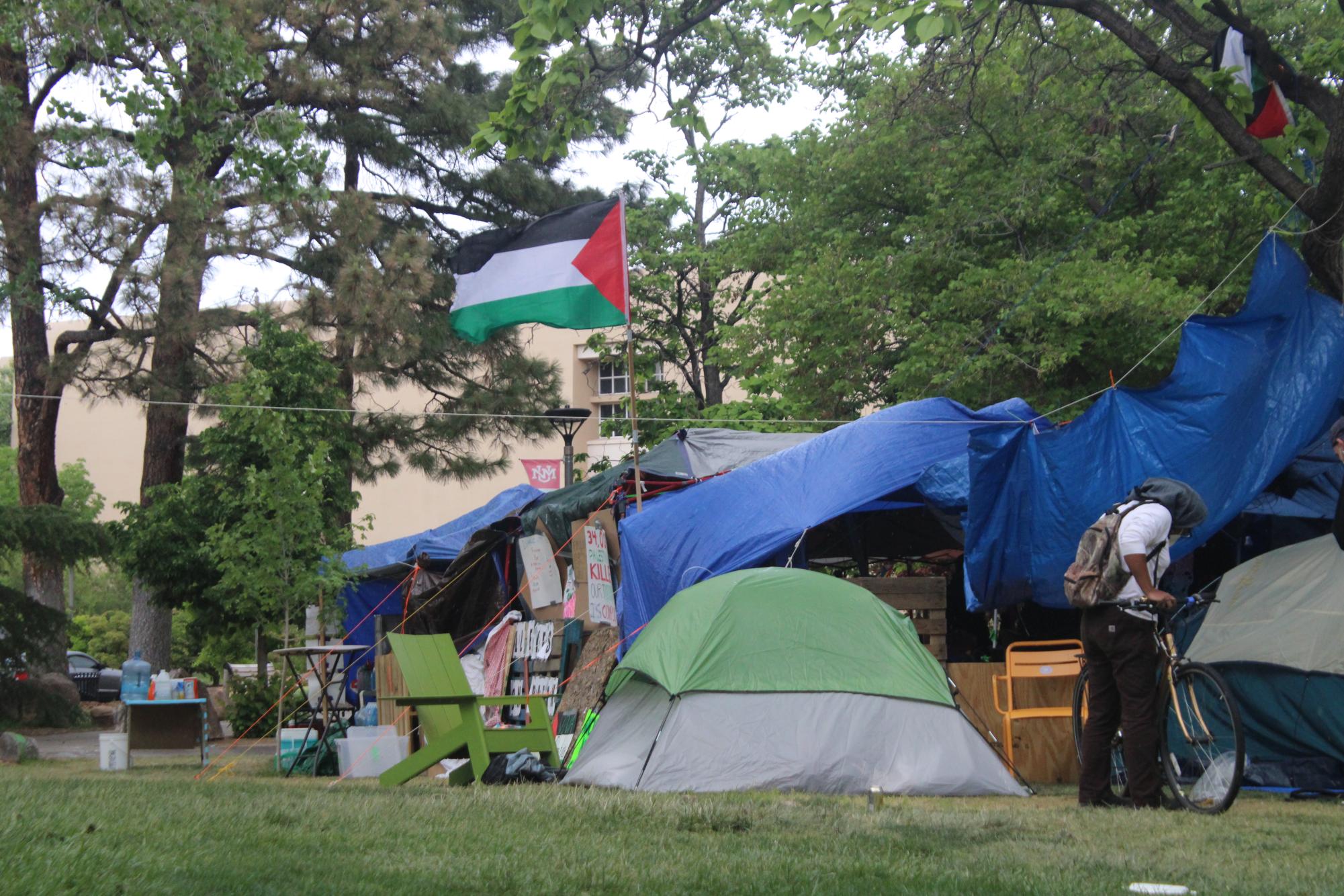
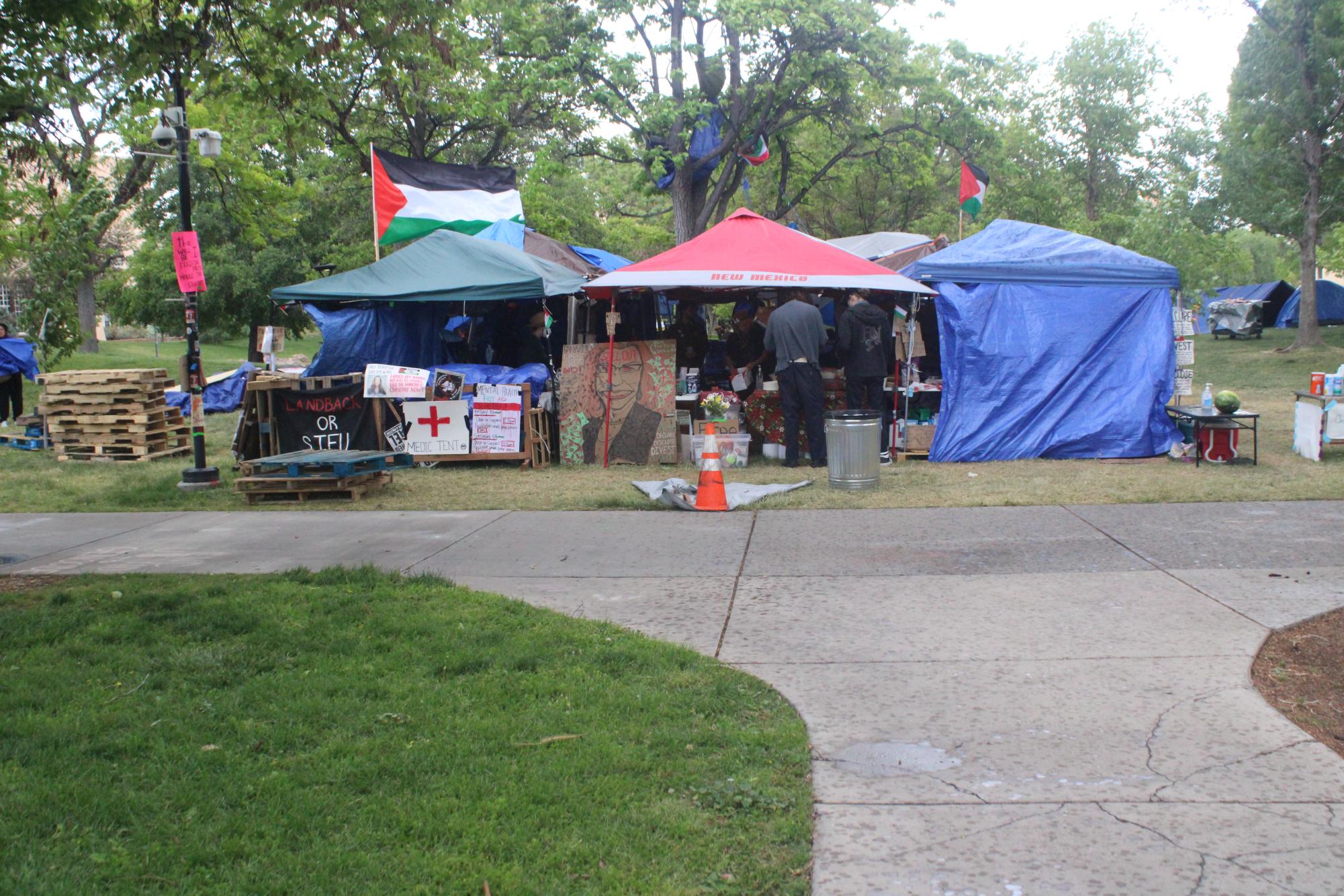
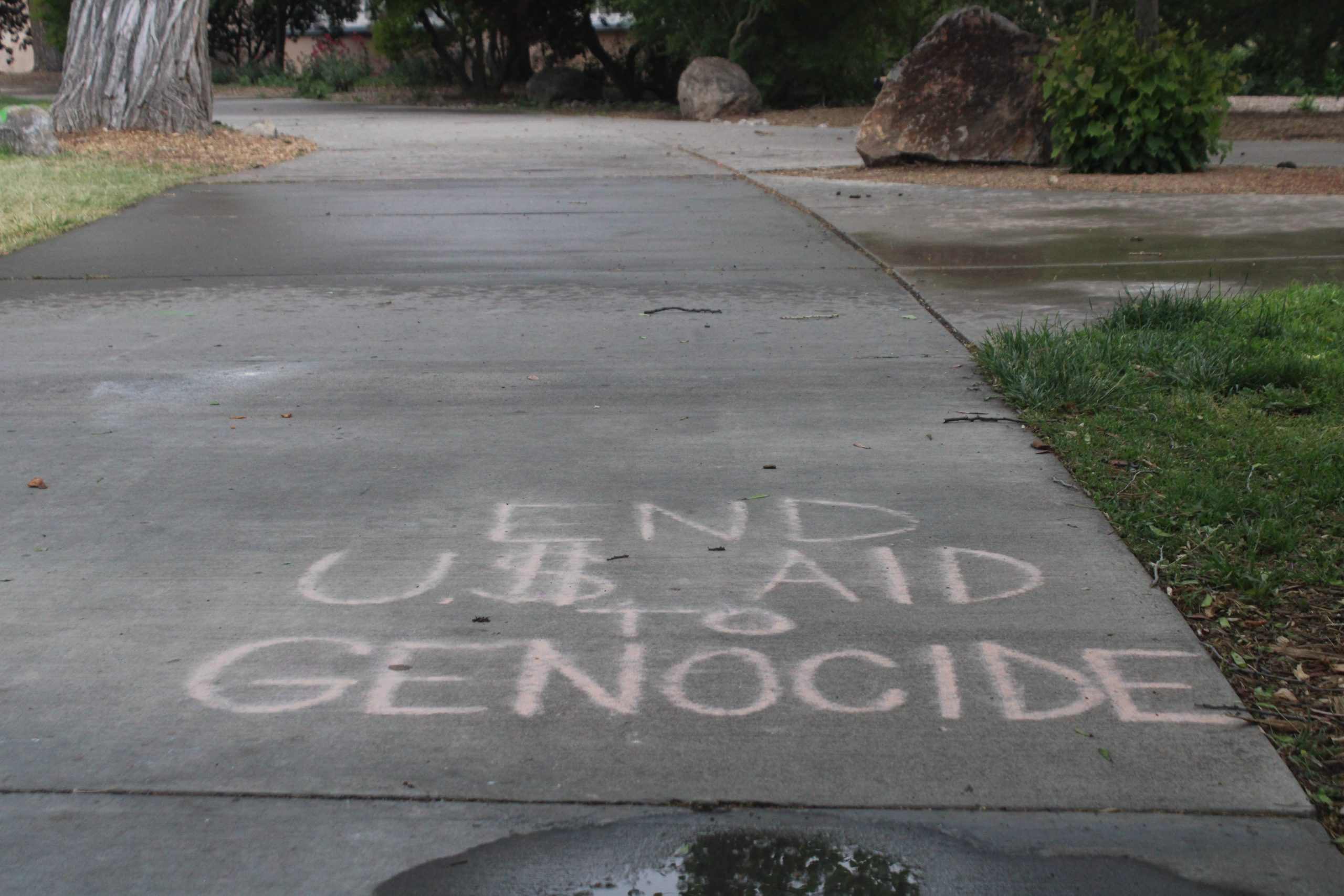
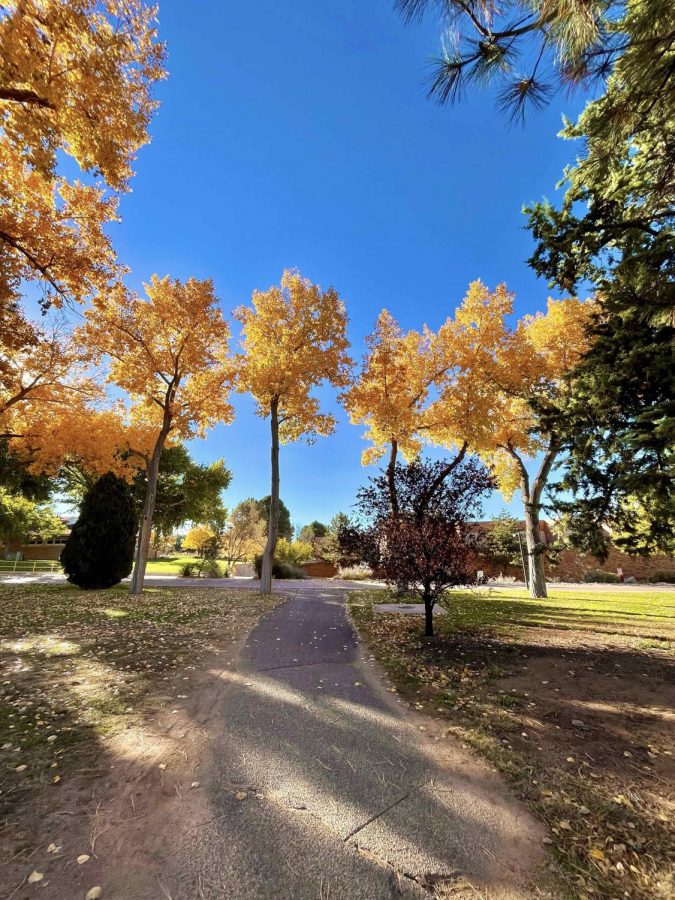
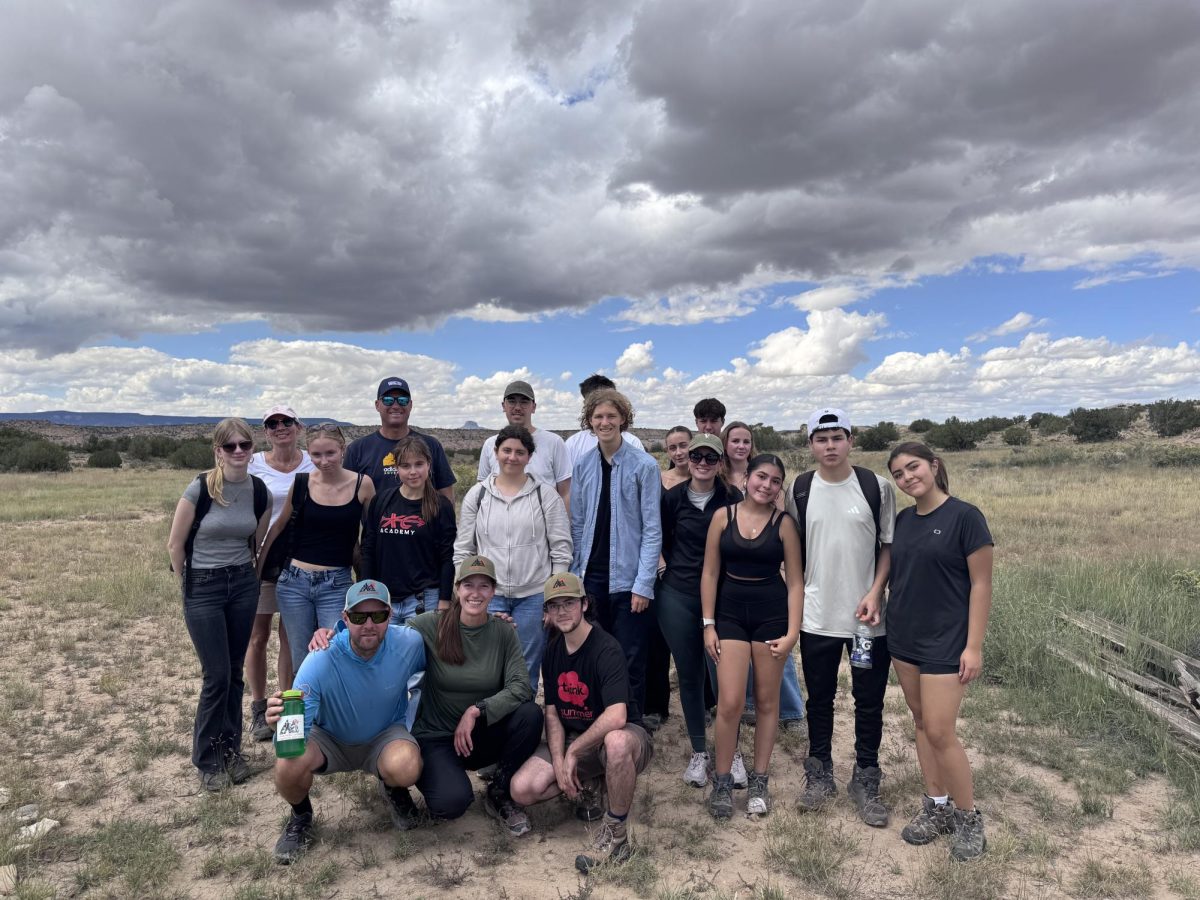
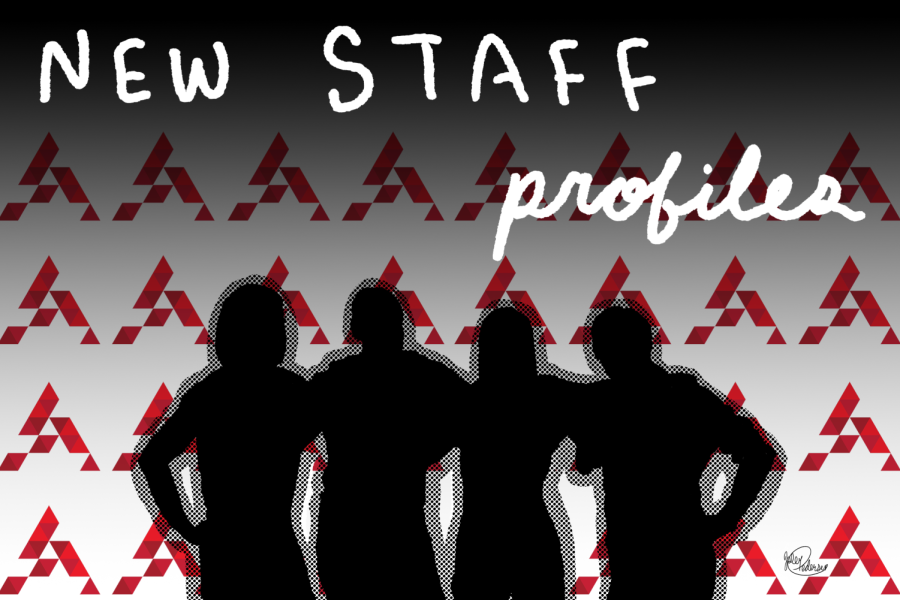
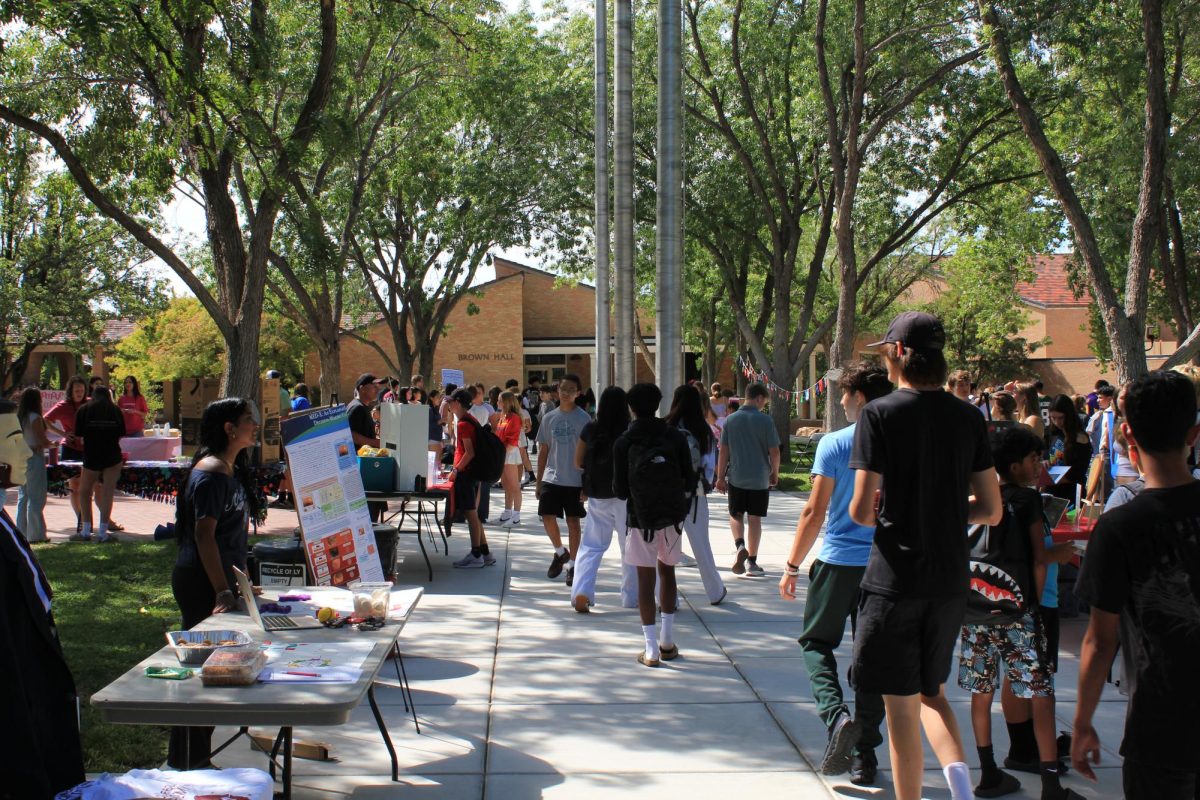


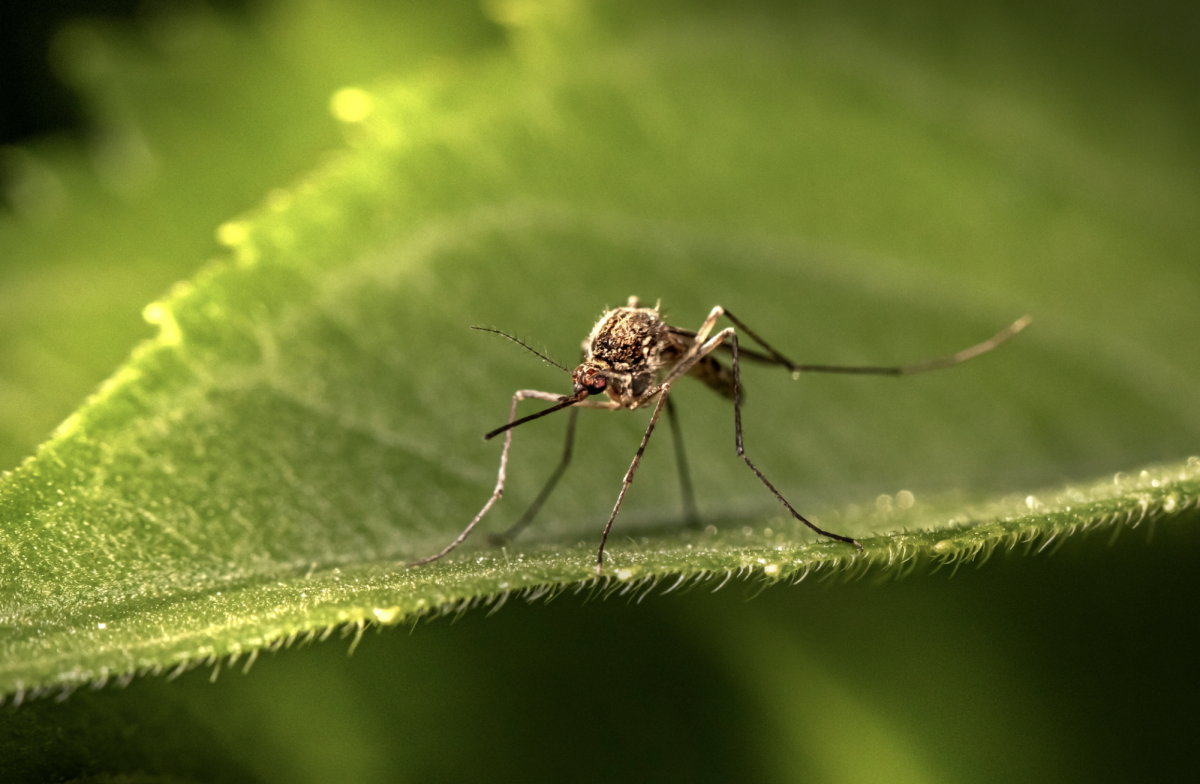

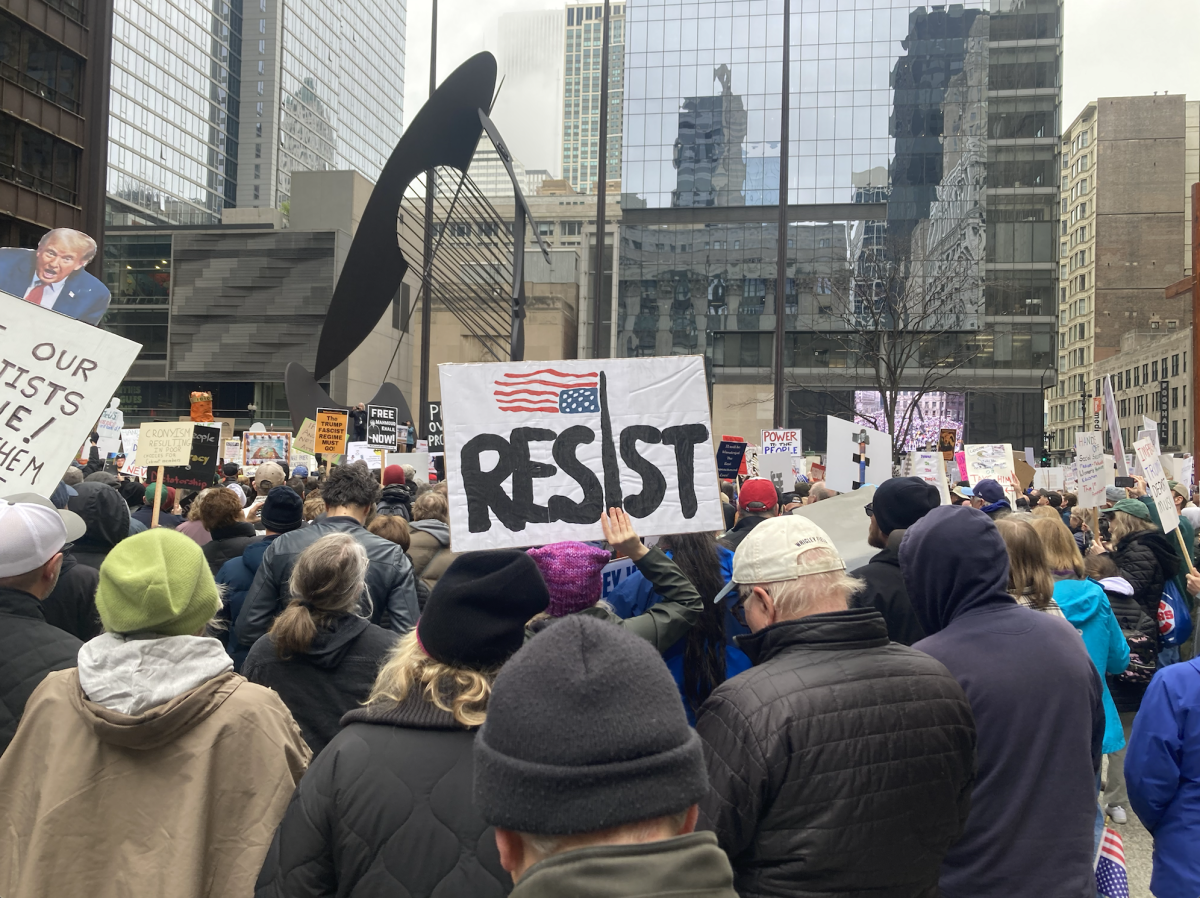
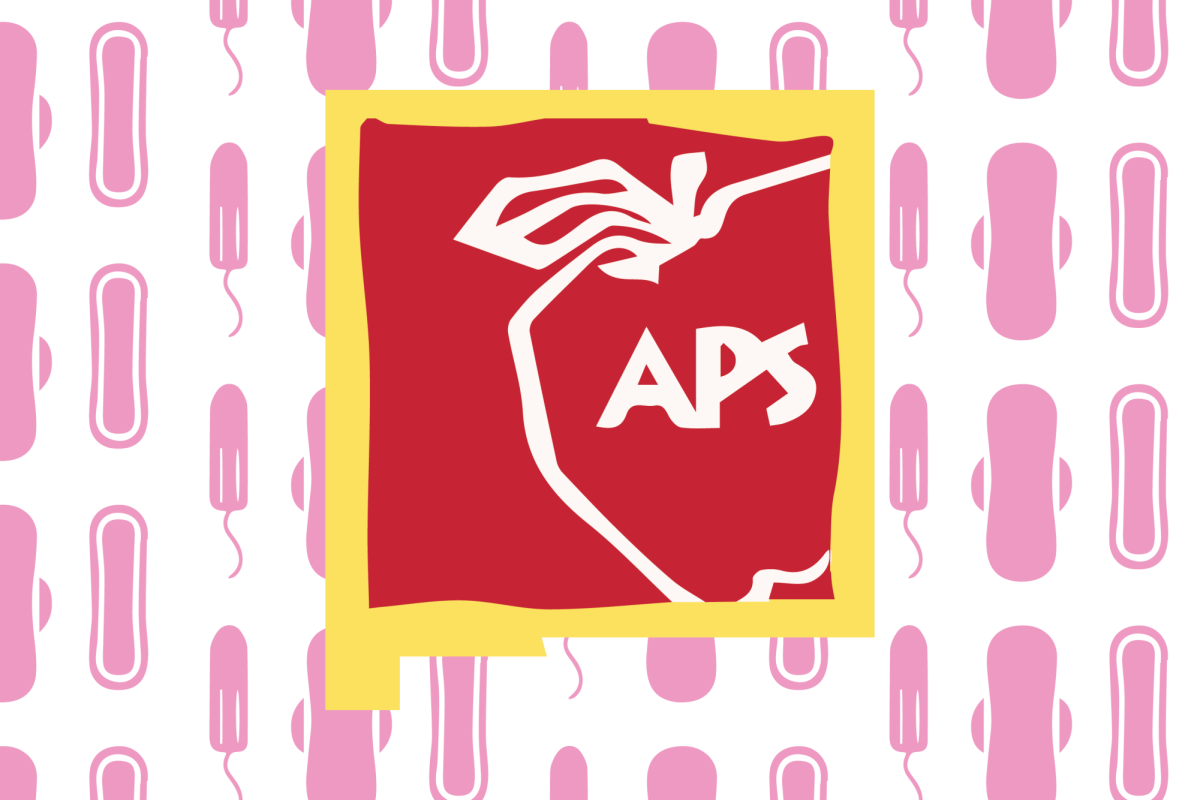
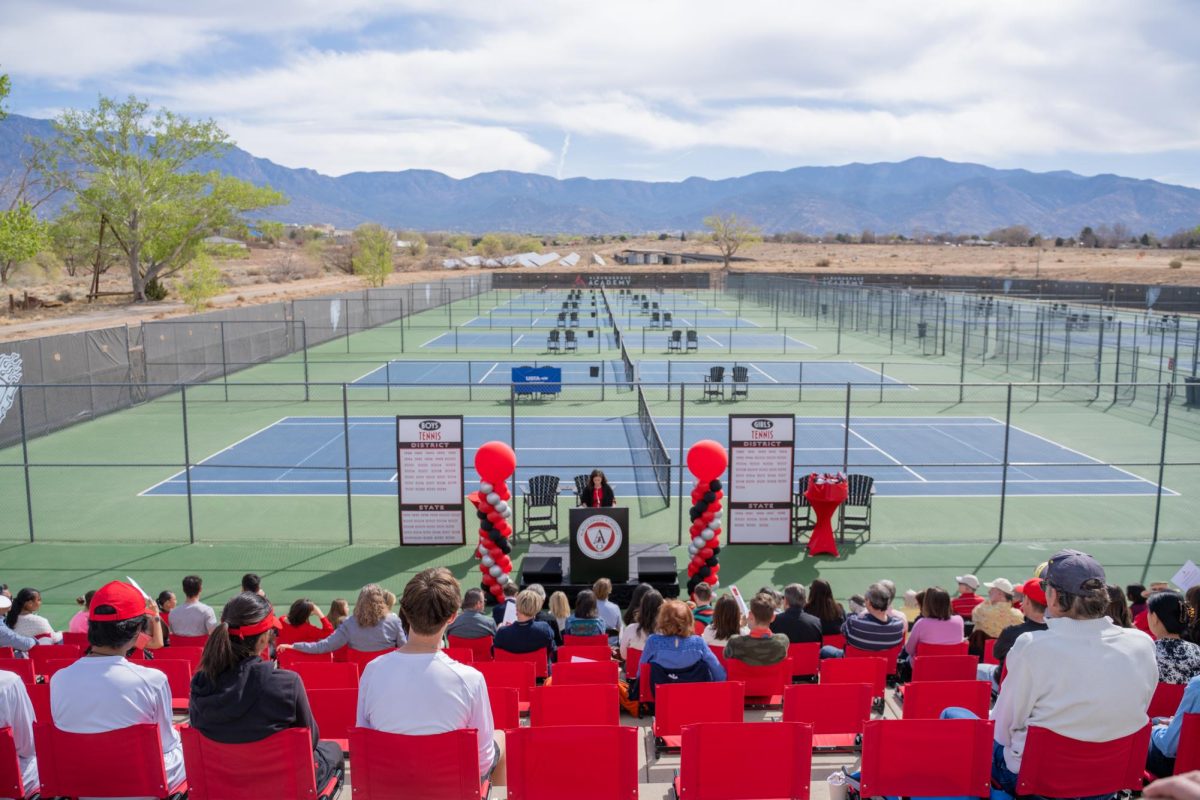
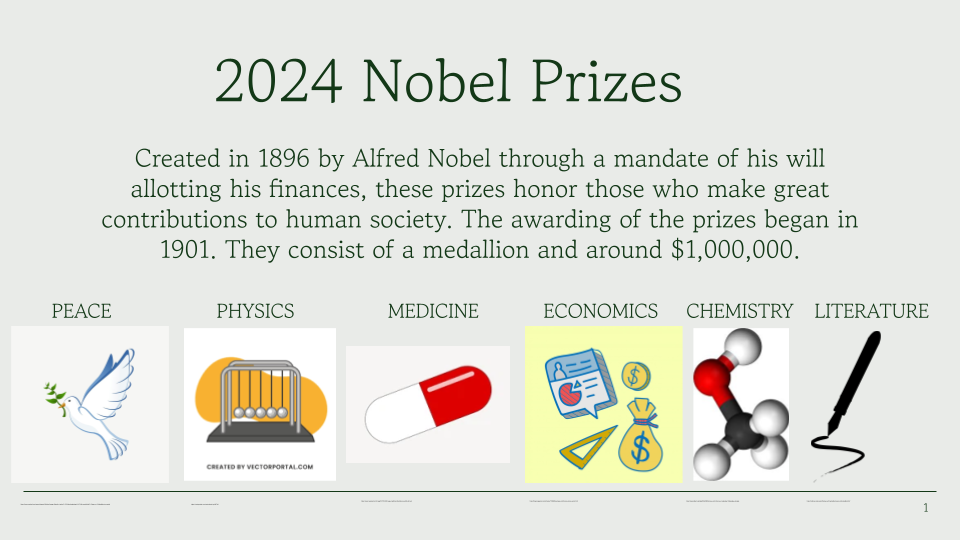
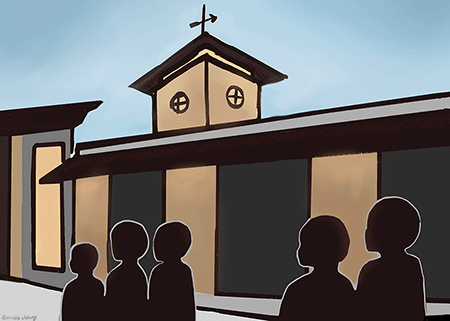

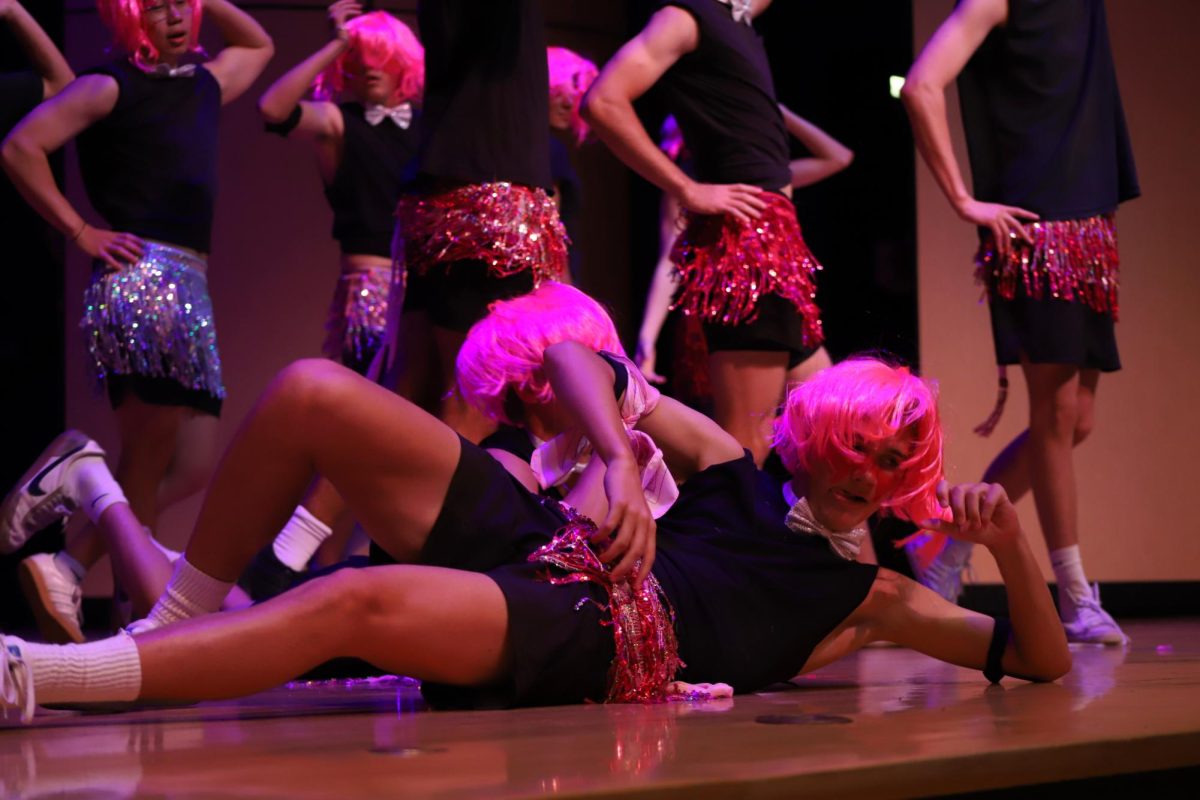
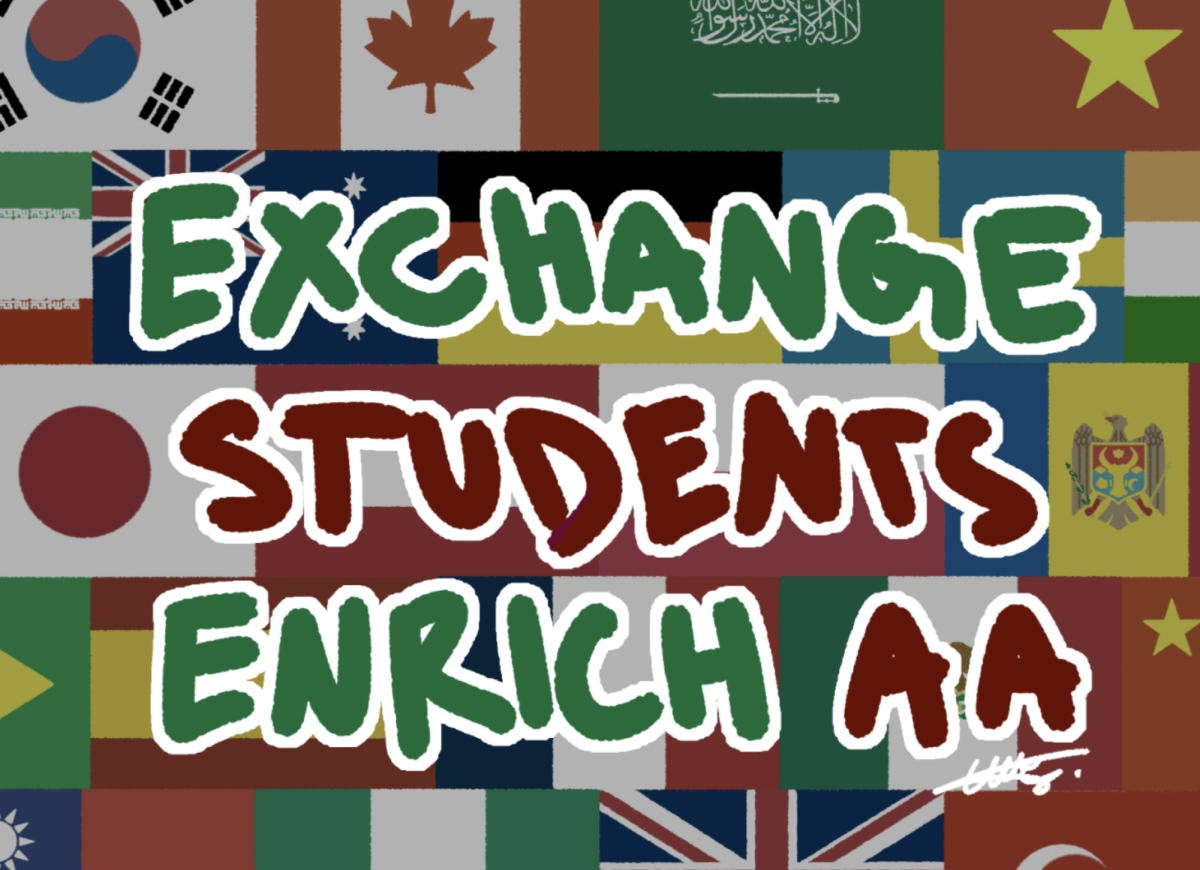
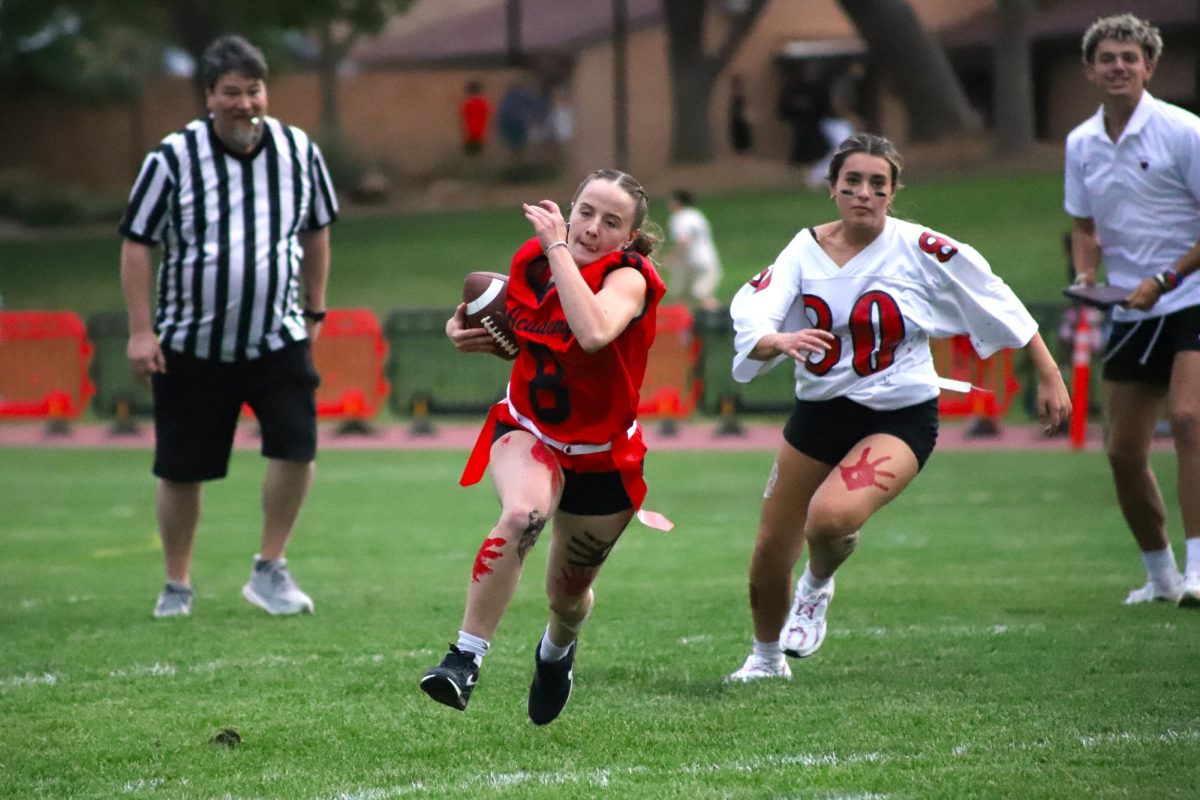
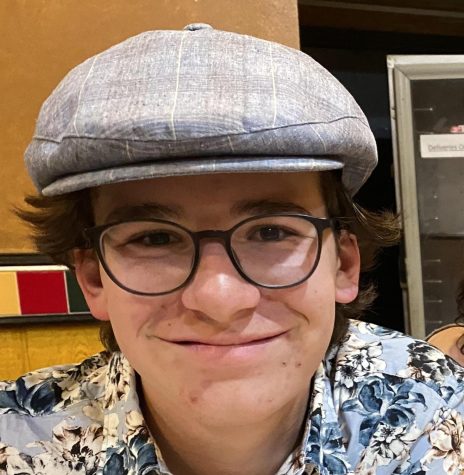
Jack Lemelin • May 22, 2024 at 7:56 am
We need to stop giving support to the terrorist organization of Hamas. Hamas is hiding behind civilians as a human shield. They attacked Israel on October 7, and put military stashes below schools, hospitals, and mosques. They are a terrorist organization, and they are evil.
Bryce Baker • May 24, 2024 at 11:36 pm
You didn’t explicitly state this, but since it is on a comment about the UNM encampment, let’s make one thing extremely clear: campus protestors are not “giving support to the terrorist organization of Hamas.” There is a vast gap between solidarity with a peoples who have been brutally oppressed by a settler-colonial state for 76 years (alongside the two decades preceding the establishment of Israel which saw the United Kingdom systematically displace the local population in order to make room for settlers, often with the use of lethal force) — who are currently facing famine, indiscriminate bombings, and a near-total destruction of Gaza — and supporting Hamas.
Before my next few points, I wanna state outright that I agree that Hamas is a horrendous organization. They are proponents of Islamism, provide almost nothing for the Palestinians living there, take hostages (some of whom have died under their purview, alongside allegations of rape against some of the hostages), and purposefully target civilians. However, to solely focus on the evil of October 7th and pay no attention to Israel’s treatment of Gaza is willfully ignorant. The entire reason that some Palestinians resorted to actions carried out that day, and the reason Hamas came to power at large, is because Israel has been systematically displacing, impoverishing, and starving the Palestinian people since its establishment, while fighting against any Palestinian strives for international legitimacy. In addition, Israel has made it clear that mere peaceful protest or civil unrest, such as that seen in mass during both Intifadas, has no effect on Israeli policy towards Palestine. When a peoples are put in such a dire situation with no civil way of resolving it, of course some of them will turn to indiscriminate violence.
Yes, Hamas has established some tunnels which run under mosques, schools, hospitals, and other instituations of the like. But there are a few important points which should be noted. First, even if we assumed that Hamas had tunnels under every bakery, home, mosque, school, refugee camp, and hospital, even if we assumed that every hospital was a command center for the al-Qassam brigades (and thus legitimate military targets under international law), even if we assumed that the IDF had the capability to wipe out Hamas once and for all (an assumption so lofty that even the virulently pro-Israel State Department actively denies it), the death and destruction Israel is perpetrating right now is much much worse than anything Hamas is capable of. Second, the scale of the tunnels are massively overblown by Israel. The IDF has, on numerous occasions, posted phony visualizations of tunnel systems, typically of those under hospitals, which later turned out to be miniscule compared to said visualizations, or were completely nonexistent. Finally, the principal reason behind the extent of the tunnels is due to the blockade imposed upon Gaza by Israel and Egypt, severely restricting the flow of newspapers, fresh meat, construction materials, sewage infrastructure, and fuel, among other essentials, which has been ongoing for 17 years. The tunnels are necessary to smuggle these goods into Gaza.
Many top Israeli officials, including Benjamin Netanyahu, have made the intentions clear. They have equated Palestinians with animals, called for a total seige on Gaza, antagonized humanitarian efforts and aid organizations, and some have even openly called for displaced Palestinians to migrate elsewhere. The IDF has purposefully razed crops, even going as far as razing crops in parts of northern Gaza they themselves claimed were rid of Hamas militants during the temporary ceasefire in November of last year. Bombs have been dropped on areas the IDF designated as “safe zones” for displaced Palestinians. Meanwhile, our tax money goes directly towards funding this campaign of wanton destruction and ethnic cleansing, while the Western world postures as arbiters of “rules-based warfare” and human rights when it comes to Russia committing atrocities against Ukraine. Make no mistake, Israel is a worse moral actor than Hamas, and our support for them is nothing less than despicable.
Coyote • May 21, 2024 at 9:07 pm
I’m extremely proud of the unm protestors. We MUST continue to press the Biden administration to cease ALL AID to the terrorist state of Israel. We can no longer tolerate children being dismembered and slaughtered with American weapons. We can not be complicit to genocide.